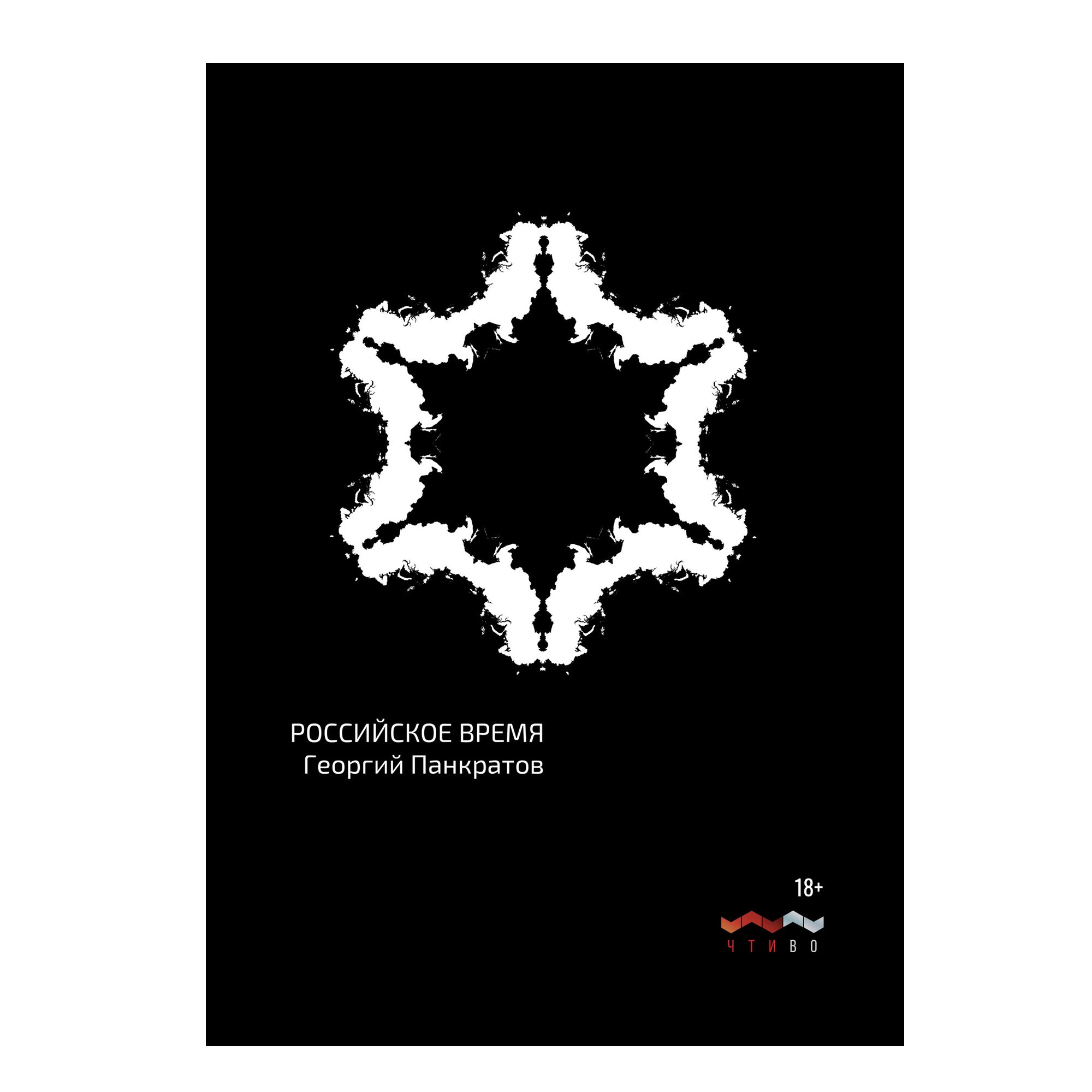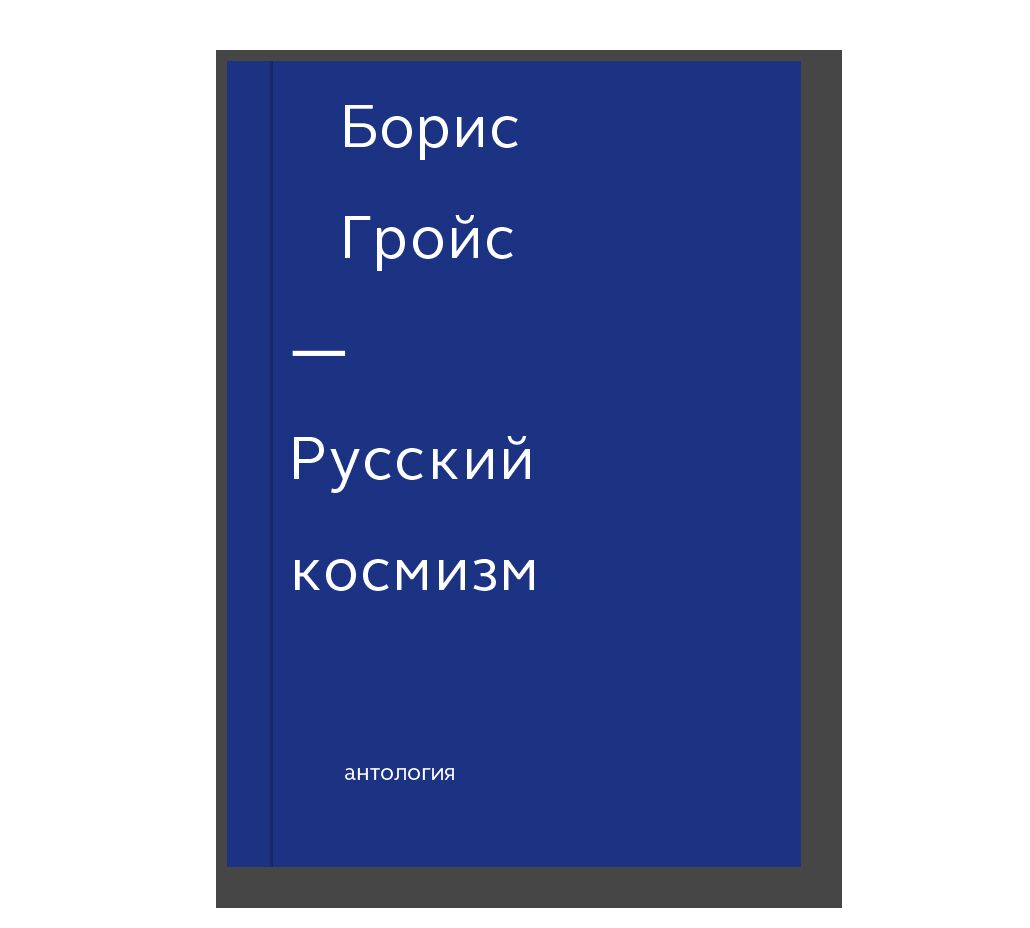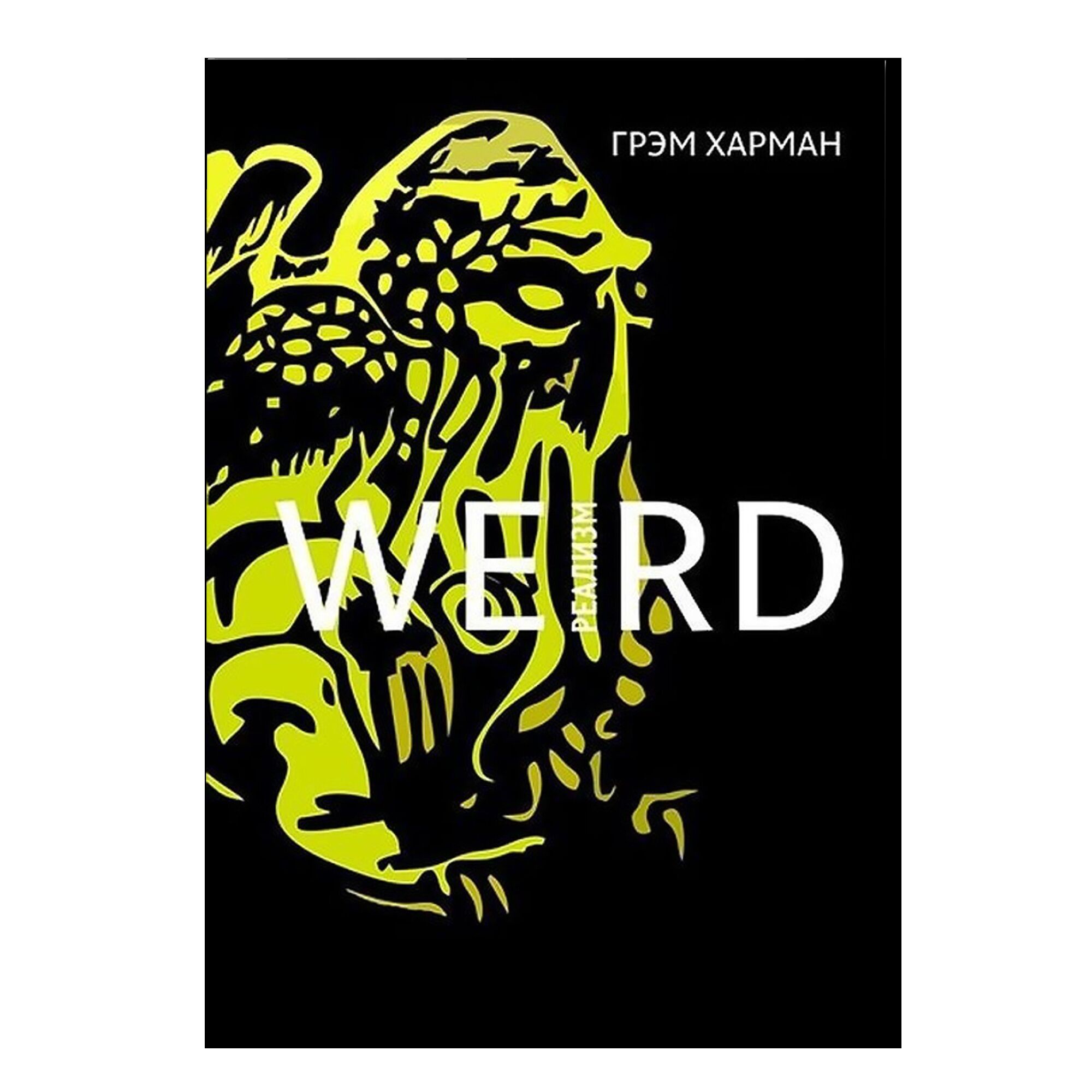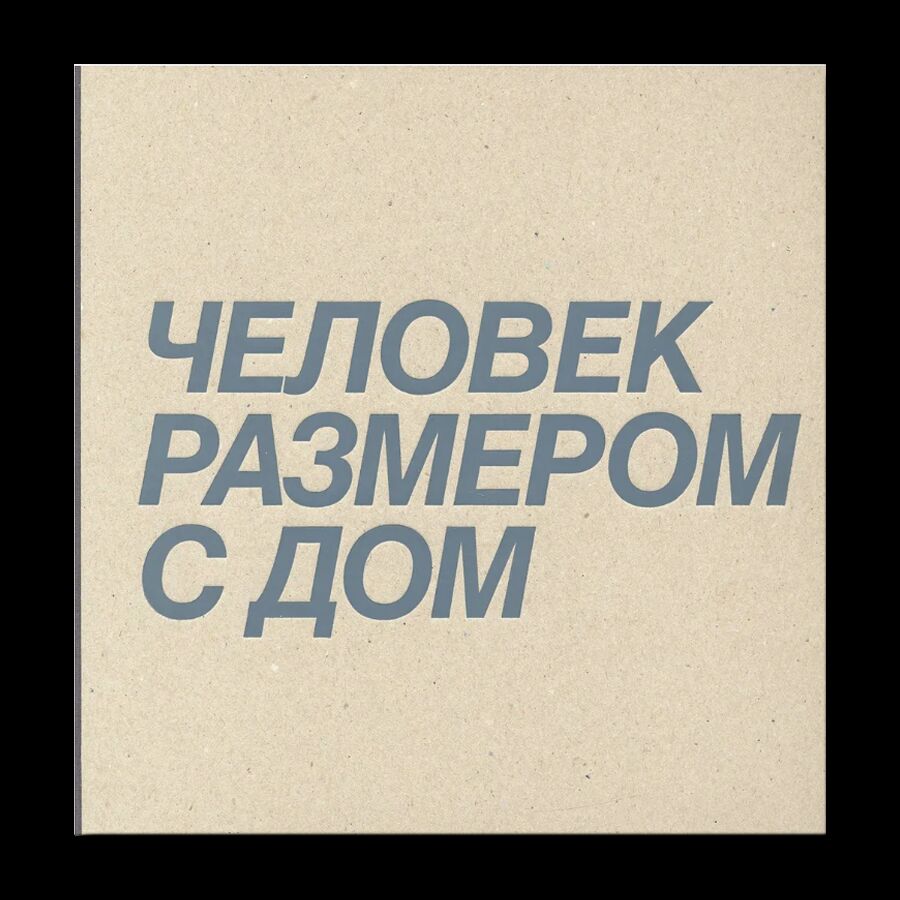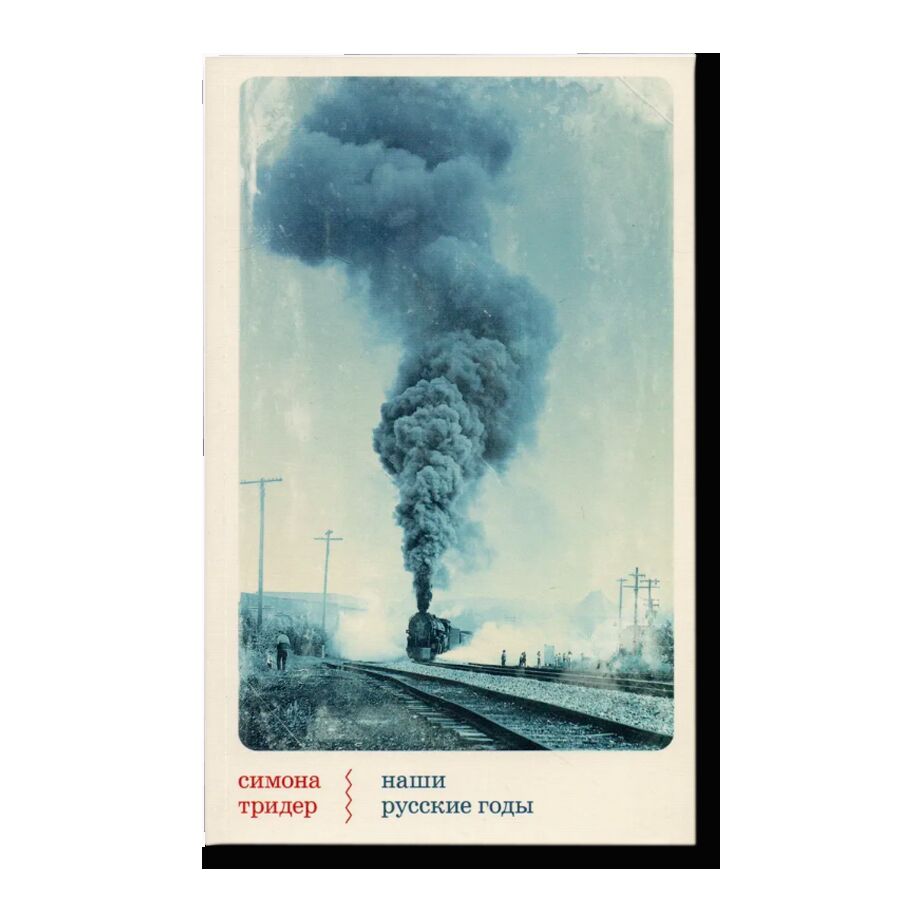- Year: 2015
- Language: Russian
- Publisher: Ad Marginem
- ISBN: 9785911032456
- Page: 320
- Cover: paperback
- About the Book
Philosopher Boris Groys examines the fundamental ideas that lie at the heart of Russian cosmism.
Garage and Ad Marginem Press present a new publication on Cosmism, a little-studied 20th-century philosophical movement in Russia. The collection of essays by Cosmist thinkers is compiled by one of the most influential contemporary philosophers and cultural theorists, Boris Groys.
In the introduction to the compilation, Groys examines the core ideas of Russian Cosmism. To Nikolai Fyodorov, Aleksandr Svyatogor, Konstantin Tsiolkovsky, and the other Cosmists, the universe was more than a chaotic multiplicity of things and events: it was a structured receptacle for life – a manageable cosmic system with its own rules. The common task of humans was to go beyond their natural habitat and conquer space.
These thinkers believed that technological, social, and political progress would eventually allow humans to attain immortality and resurrect the dead. An alliance of art and politics would bring forth a total “biopower,” whose task would be to find a universal cure for aging and death. Natural death would become a matter of the past: “The state can no longer watch people die and let the dead rest in their graves. The state must overcome death. The biopower must become total.” Conquering the territory of other planets would provide the resurrected ancestors with new homes.
The Christian concept of the immortal soul with its promise of paradise was replaced in Cosmism with the idea of a global museum, understood as a vault for immortal human bodies. “All technology must become art technology, and the state must become a museum of its population,” Groys explains. Such thinking was in line with socialist ideology: true and fair socialism meant immortality for the generations of the dead who had worked hard for a better life for their descendants. Cosmists imagined an ideal order in time and society, treated as art projects that were to be immortalized by the “museum-state.”.
